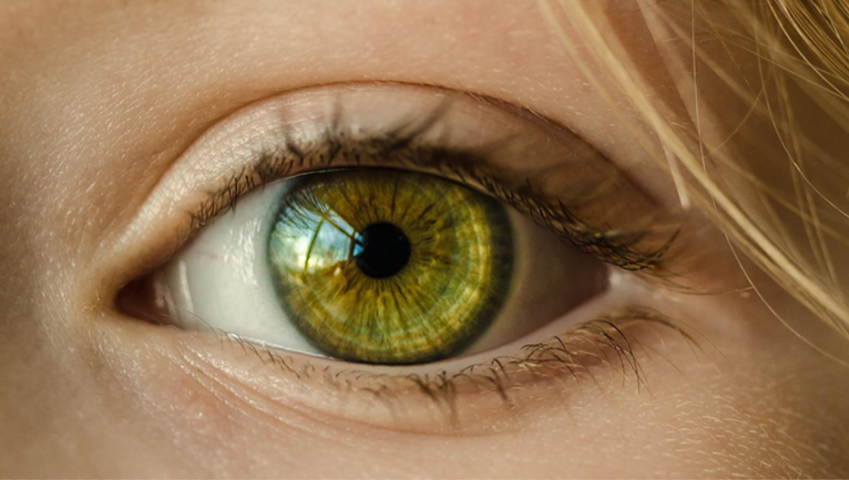- Have any questions? Contact us!
- info@dr-rath-foundation.org

COVID Origins Unclear But Lab Leak Theory Needs Study, Says WHO
June 16, 2022
Doctors Increase Drug Side-Effect Risks With A Pill For Every Ill
June 17, 2022Vitamin D Deficiency Linked To Eyesight Threatening Retinopathy In Diabetes

A new review examines the association between vitamin D deficiency and diabetic retinopathy. A common complication of diabetes caused by high blood sugar levels damaging the retina, the thin layer of tissue at the back of the eye that senses light and sends signals to the brain, diabetic retinopathy can cause blindness if undiagnosed or left untreated. Published in the Journal of Diabetes & Metabolic Disorders by researchers from the UK, the review analyzes 12 studies involving a total of 9,057 diabetes patients.
The most common form of diabetic eye disease, diabetic retinopathy is the leading cause of blindness in adults aged 20-74. Worldwide it is estimated that 103.12 million adults have the condition, 28.54 million of whom have it in its eyesight threatening form. By 2045 these numbers are expected to increase to 160.5 million and 44.82 million, respectively.
The review found that the presence of vitamin D deficiency was significantly associated with the sight threatening form of diabetic retinopathy. The researchers therefore say that given the well-reported associations between a lack of vitamin D and other unfavorable health outcomes, it is important for deficiency to be managed appropriately and in a timely manner in diabetes patients in order to reduce the risk of blindness occurring.
Interestingly, analysis of the 12 studies included in the review found that vitamin D deficiency was not associated with the non-sight threatening form of diabetic retinopathy. The researchers suggest however that there is an inverse relationship between vitamin D levels and the severity of diabetic retinopathy. They also note that vitamin D supplementation has been linked to improved glycemic control.
Concluding that their review provides robust evidence of a significant relationship between vitamin D deficiency and the sight threatening form of diabetic retinopathy, the researchers recommend that levels of vitamin D should be regularly screened in people with diabetes and that supplementation should be given when needed.
The Cellular Medicine approach to eye health
For optimum reduction of the risk of developing diabetic retinopathy and other common eye diseases, supplementing with vitamin D alone is clearly not enough. As important as vitamin D is, maintaining normal functioning of the eyes requires a constant supply of several other key micronutrients as well. For diabetics and non-diabetics alike, ensuring a proper intake of all the various micronutrients that are needed for eye health is essential.
Dr. Rath’s Cellular Medicine approach to preventing and controlling common eye diseases is based on ensuring optimum levels of vitamins A, C and E, polyphenols from grape seeds, the amino acids arginine and cysteine, alpha lipoic acid, lutein, and mixed carotenoids. These micronutrients work together synergistically to protect the cells and structures of the eye and should be taken in addition to following his Basic Cellular Health Recommendations.
With a separate study recently confirming the benefits of supplements for slowing age-related macular degeneration, the evidence is growing that poor eye health need not be an inevitable consequence of the aging process. For natural health advocates whose eyes have already been opened to this visionary area of scientific research, the benefits of micronutrients for healthy eyes are now crystal clear!



